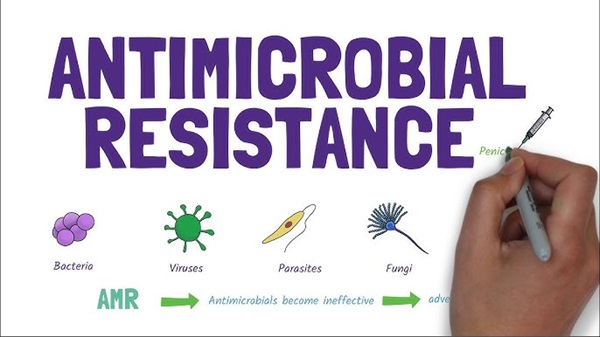
The Nigeria Centre for Disease Control (NCDC) has unveiled a four-pillar framework to guide national and global efforts in combating the rising threat of antimicrobial resistance (AMR) as concerns over its impact on public health continue to grow.
Head of disease prevention and control at the NCDC, Dr. Tochi Okwor shared this strategy during an interview with journalists on Saturday in Abuja. She emphasised the urgent need for decisive and coordinated action at the national level to address the escalating challenge.
“We are at a critical point. If we are to make meaningful progress in the fight against AMR, we must adopt a pragmatic and inclusive approach built on four key pillars,” she said.
Okwor explained that the first pillar is strategic information and pragmatism, highlighting the need for accurate data to shape surveillance, policymaking and effective interventions. She pointed out that strategies must be realistic and adapted to Nigeria’s specific healthcare realities.
The second pillar, she noted, is centred on equity. She underscored the importance of ensuring that access to quality antimicrobials, diagnostics, and related services extends beyond urban centres to reach rural and underserved populations. “Equity is fundamental. Without it, AMR efforts will remain fragmented and ineffective,” she stressed.
The third pillar focuses on accountability through inclusion. Okwor called for transparency and active participation from communities and healthcare facilities in shaping AMR initiatives. She remarked that community engagement drives accountability and sustainability in health interventions.
The fourth pillar promotes a whole-of-society approach. She described AMR as not only a clinical concern but a broader societal challenge that requires collaboration across sectors such as health, agriculture, environment, and education. “Antimicrobial resistance threatens our ability to treat infections and safeguard modern medicine. These four pillars offer a practical and inclusive roadmap for Nigeria and other low- and middle-income countries to mount an effective response,” she added.
Science Nigeria reports that AMR arises when microorganisms like bacteria, viruses, fungi and parasites develop the ability to resist drugs meant to eliminate them. Though resistance can occur naturally, it is accelerated by the overuse and misuse of antimicrobials in healthcare and agriculture. As a result, common infections become harder to treat, leading to prolonged illnesses, higher medical costs and increased risk of death.
AMR remains a global health challenge requiring coordinated, multi-sectoral strategies to improve surveillance, promote responsible use of antimicrobials and accelerate the development of new treatments.

